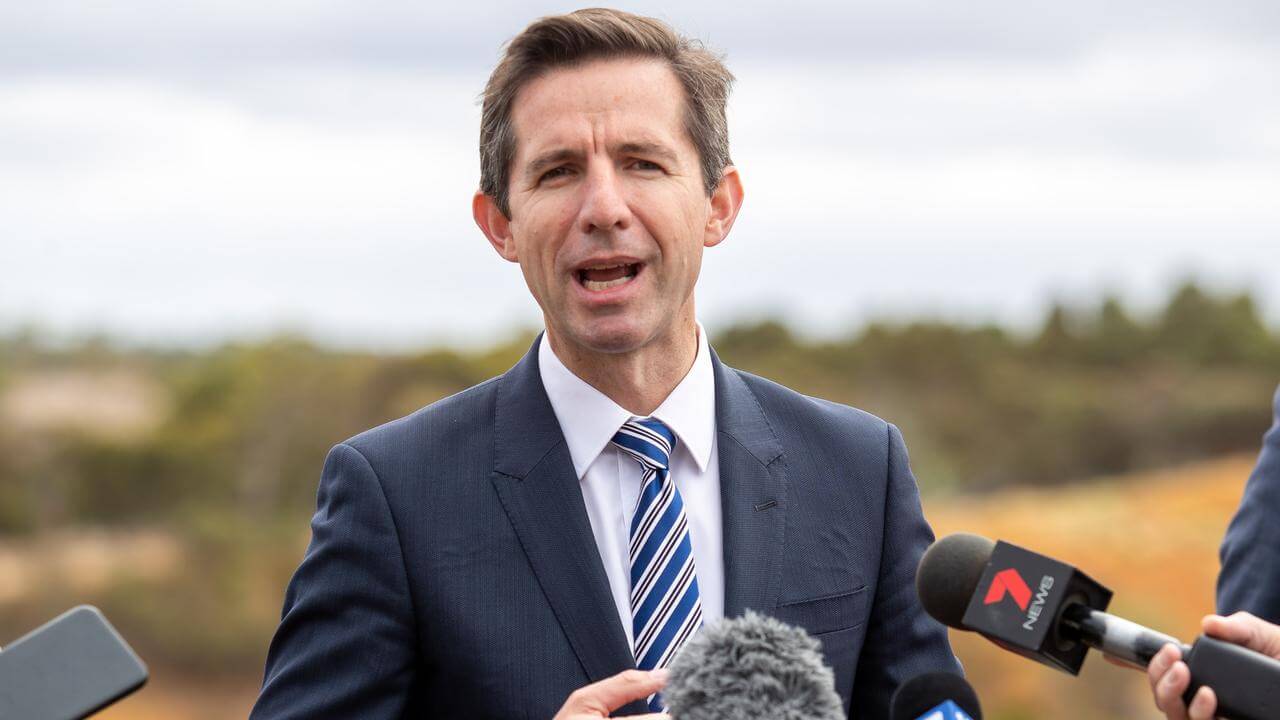Australian Trade Minister Simon Birmingham announced that Prime Minister Scott Morrison’s administration will be lodging a formal request with the World Trade Organisation (WTO) to mediate its barley dispute with China. This follows Beijing’s decision to slap tariffs of up to 80% on Australian barley exports in May, and comes amidst a barrage of trade restrictions and bans imposed by China’s Ministry of Commerce (MOFCOM) on a whole host of Australian exports.
The Trade Minister said on Wednesday, “We do not agree with China’s decision to impose anti-dumping and countervailing duties on Australian barley,” adding, “We remain disappointed that China has not engaged with Australia to address these concerns and now believe that calling in the independent umpire is the most appropriate course of action to resolve this dispute.”
Accordingly, he said, “We are highly confident that based on the evidence, data and analysis that we have put together already, Australia has an incredibly strong case.”
Additionally, Agriculture Minister David Littleproud hinted that the true motive behind China’s anti-dumping investigation is political. He said, “There has been mounting evidence that this has more to do around geopolitical issues and our sovereignty ... rather than technical trade matters.” He went on to say, “Both the trade minister and I have made numerous attempts in which to reach out to our counterpart and have dialogue around any concerns and issues that they have. We’ve been thwarted at every attempt.”
The federal government’s decision was initially welcomed by the barley industry; however, GrainGrowers chairman Brett Hosking said that farmers are now worried about the economic impact of the taking the case to the WTO, saying that Australian producers could lose at least $2.5 billion over the next five years.
China accounts for 70% of Australia’s barley imports, or $904 million per year and the federal agriculture department projects that the tariffs could reduce the gross value of barley production by almost a third.
In May, following an 18-month investigation, China placed two separate tariffs on Australian exports—73.6% in anti-dumping duties and 6.9% in anti-subsidy duties.
China’s MOFCOM has placed strict trade restrictions and even temporary bans on a number of Australian exports, including copper, wine, beef, barley, timber, lobster, coal, dairy, sugar, wool, fruit, and oatmeal.
Beijing has also accused Australia of blocking $14 billion worth of Chinese investment into Australia, with foreign ministry spokesperson Wang Wenbin describing it as a “violation of market economy principles and international trade rules”.
Australian Prime Minister Scott Morrison has said that China’s ban on coal imports was a “lose-lose” situation, wherein neither country gained from dragging their diplomatic spat into trade matters. It is likely that he will take a similar stance on barley exports.
It is unlikely that Australia’s WTO request will yield the desired effect, given that the process could take at least two years. Moreover, the organisation is currently powerless to rule on such issues. Since December 2019, the US has obstructed the WTO’s trade dispute resolution body by blocking the appointment of judges to the organisation’s top court, the Appellate Body. In the absence of a three-judge quorum, the body has too few officials to rule on major trade disputes.
It is generally accepted that these punitive measures by China are retaliatory strikes against the Morrison administration for calling for international investigations into China’s complicity in the coronavirus pandemic, describing Beijing’s territorial claims in the South China Sea (SCS) as having “no legal basis”, criticising the new security legislation in Hong Kong and the treatment of Uighur Muslims in Xinjiang province, elevating its relationship with India from a Strategic Partnership to a Comprehensive Strategic Partnership (CSP), participating in the Malabar naval exercises with the Quad, signing a defense pact with Japan, joining US warships in an attempt to steer Chinese vessels out of Malaysia’s Exclusive Economic Zone (EEZ), pulling out of a deal to allow Chinese telecommunications firm Huawei access to the country’s 5G network, hinting that China was behind recent cyber attacks on Australia’s government. All of this pointed to the suggestion that Australia had firmly sided with the US, and pushed China to be more aggressive in its diplomatic and trade engagements with Australia.
Australia Requests WTO to Mediate Trade Dispute With China
The Morrison administration has flagged China’s imposition of up to 80% in tariffs on Australian barley exports as unwarranted.
December 17, 2020

IMAGE SOURCE: THE AUSTRALIANAustralian Trade Minister Simon Birmingham
